
Remembering the Workers in the Field
CIW’s Fair Food Program beautifully illustrates Deuteronomy’s call of zachor, to remember to push back against those who oppress the rights of others.
read more
Manager of Rabbinic Education
T’ruah is seeking a full-time Manager of Rabbinic Education to enhance the skills and knowledge of the 2,300 rabbis and cantors in our network so that they can have a bigger impact on their communities’ ability to address pressing human rights issues. The ideal candidate is a skilled Jewish educator with an organizer’s mindset and...
read more
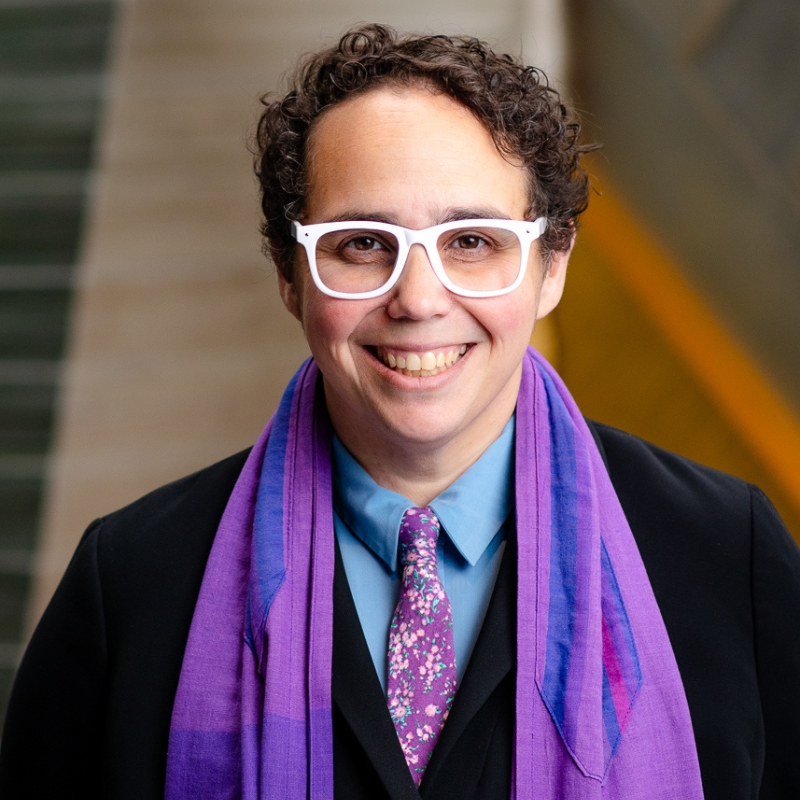
Devarim: Moses’ Opening Rebuke: Choose Your Leaders Wisely
As we travel into the unknown wilderness of our shared future, may we clearly articulate what we need from our leadership and insist that we be led by wisdom, capable experience, and the commitment to equity for all.
read more
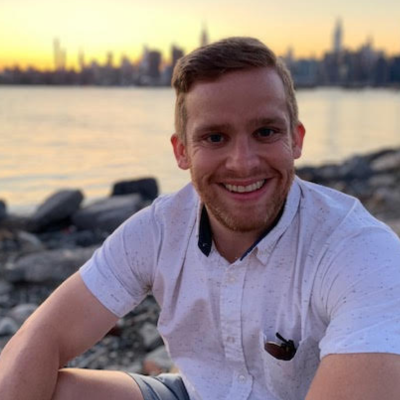
Yitro: The Jewish Case for Protecting Voting Rights in 2024
As inheritors of a multi-vocal Jewish tradition that welcomes dissent and minority opinions, allowing people the chance to freely, legally, and openly participate in the democratic process strikes me as very Jewish. So to look at some of these harsh policies that stifle the voices of the downtrodden contradicts so much of what we hold dear in Judaism.
read more
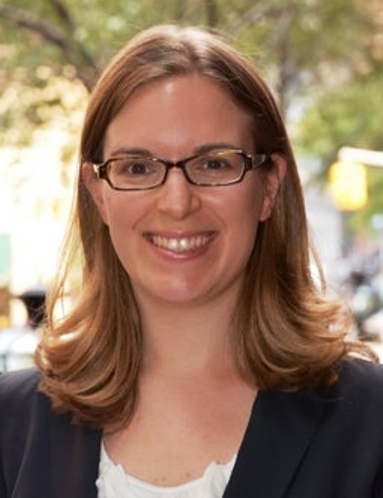
Paying Priests, Paying Parents
This past weekend, many of us celebrated Father’s Day to honor the important work our dads do. A month ago, we did the same thing to honor our mothers: BBQs and brunches, phone calls and cards in the mail, “Number 1 Mom” mugs and “World’s Best Dad” baseball caps. As a congregational rabbi, I spend...
read more
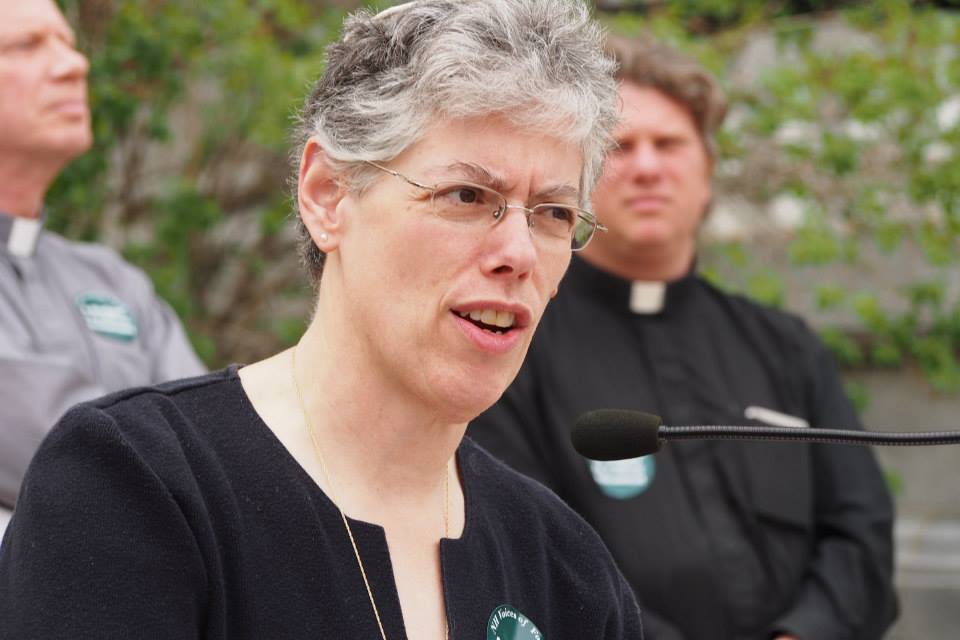
You Can’t Leave Anyone Behind
I love Israel. But I could never live in a place called “the Jewish homeland” when progressive Jews are treated as second-class citizens. In Israel, the Orthodox establishment controls matters of personal status – primarily conversions and marriages. Jews who wish to be married, religiously, by a Conservative, Reconstructionist, or Reform rabbi generally leave the...
read more
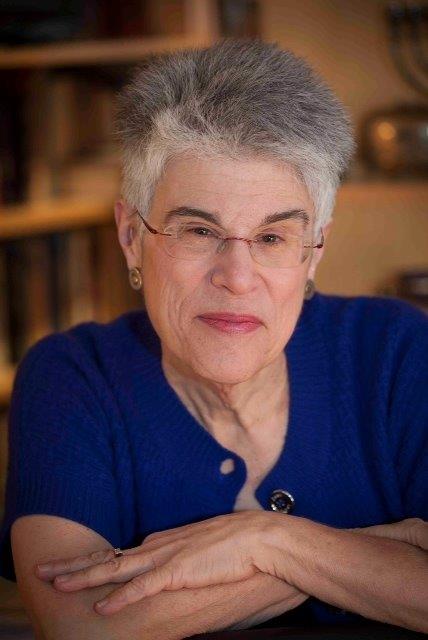
Private Prisons, God’s People
A number of years ago my husband’s nephew suggested that we invest some funds with him in high-risk high-yield bonds. We did. After earning a good return, I asked my husband what his nephew had done with our money. He answered that his nephew, among other ventures, had invested in for-profit prisons. I was horrified....
read more

All God’s Creatures Great and Small (Parshat Noach)
The dominion over animals given to humans in Genesis 1:27, compared with the rabbis’ notion that humans were created equal to the rest of creation, is an example of God’s and our own ambivalence about being the stewards of every other plant and animal species. Noah’s care of the animals, taken in light of permission to eat them, seems to suggest that he owns them and can do what he wants with them. We, like God and our Sages, seem also to be ambivalent about our role as stewards of the rest of creation.
read more
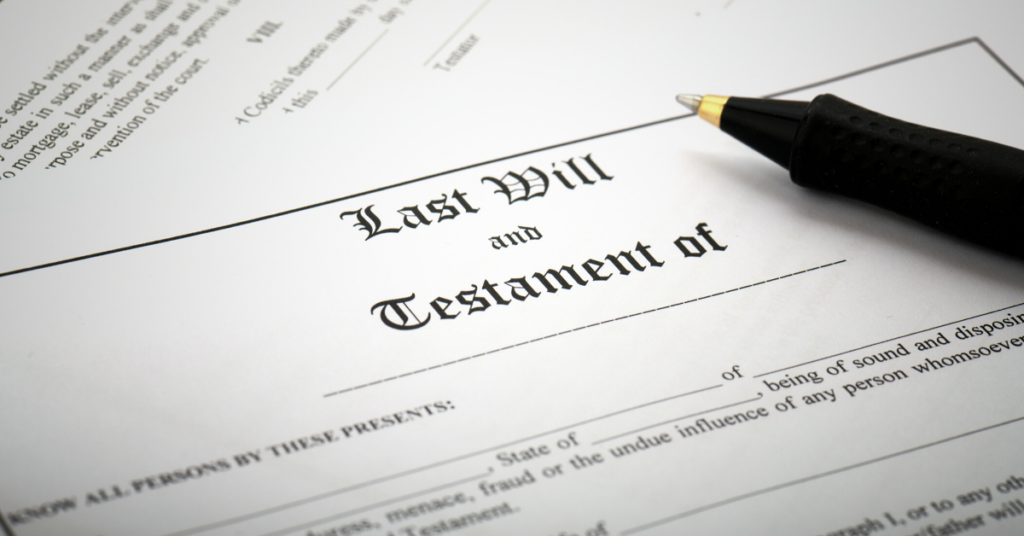
To Transform Our Economic System, We Need to Challenge Inheritance
Mahlah, Noa, Hoglah, Milcah, and Tirzah, the daughters of Zelophehad, recognize and name another crisis, which is that the inheritance laws are set so that families with only daughters are unable to inherit land and instead their families lose their access to land. The five women respond powerfully to the crisis of their father’s death, and a structural shortcoming, with an eye towards intergenerational shifts rather than short-term reform.
read more
